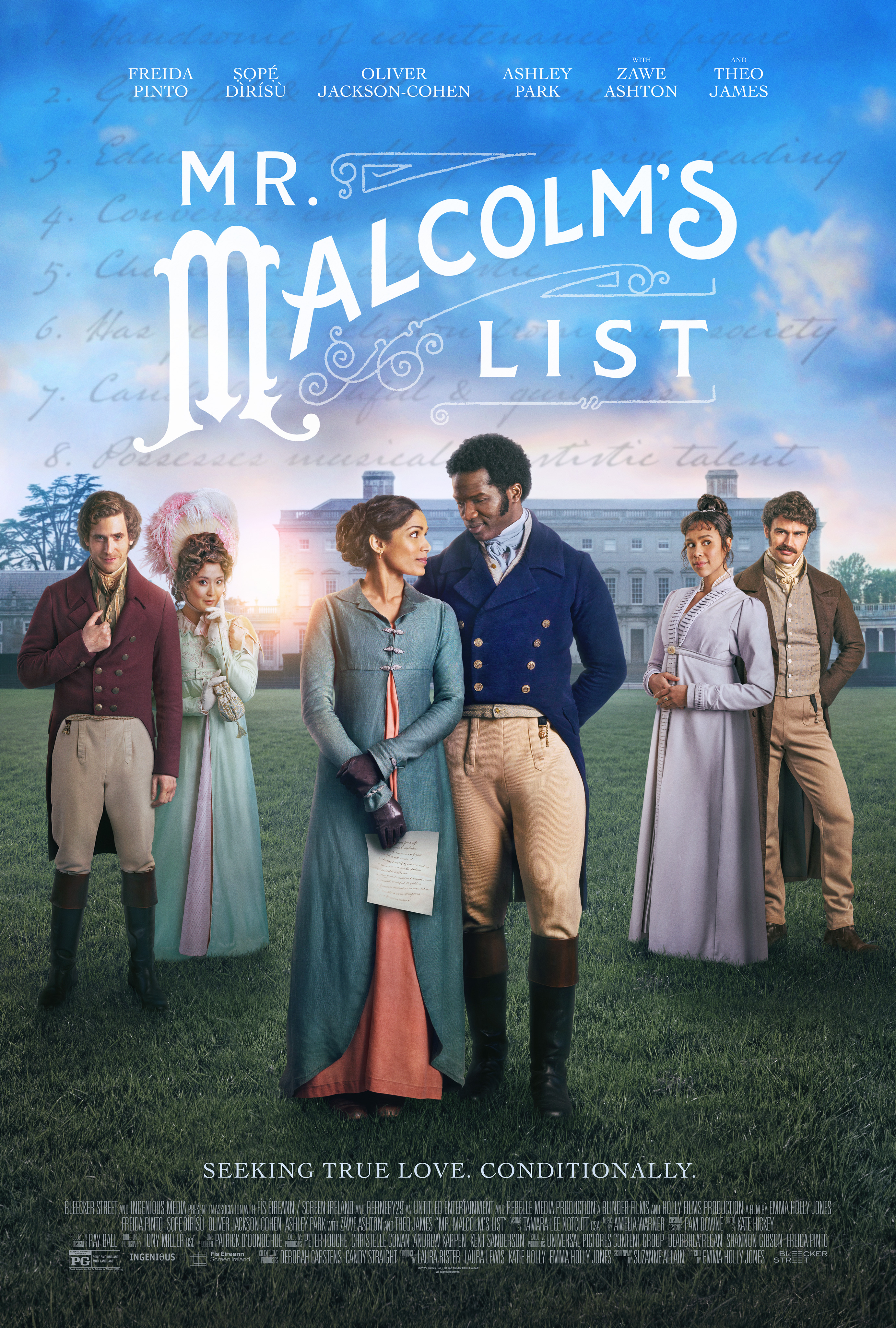
It’s probably obvious that this post is a response to the release of Beyoncé’s new countrified album Cowboy Carter, to which I have been listening religiously. Despite her insistence that Cowboy Carter “ain’t a country album, [it’s] a Beyoncé album”, the album is a self-admitted response to “an experience I had years ago where I did not feel welcomed…and where it was very clear that I wasn’t.” Fans suspect this is a reference to her 2016 performance with The Chicks at the Country Music Awards, during which they performed Beyoncé’s “Daddy Lessons” to a chilly audience. As (sadly) expected, some folks in the country community still have their hackles raised at (the horror!) a Black woman daring to wade into the country waters, despite being from literal Texas and shouting out Houston every chance she gets (their argument might be that Beyoncé is a pop artist and therefore doesn’t have the chops for country, but I don’t remember any hubbub when the loudly Italian-American pop queen Lady Gaga released Joanne).
When I ask if country music can be “cool”, perhaps I should clarify what I mean by that vague descriptor. Maybe it’s different for the kids now, I don’t know! But for me “cool” indicates that timeless quality of being slightly outside—and, to channel 90s smugness, slightly above—the mainstream, of possessing an effortless je ne sais quoi, of challenging social norms instead of supporting the status quo. It’s by this definition that today’s mainstream country music misses the mark: as a genre (and this is speaking broadly), it is dedicated to upholding the conservative, patriarchal, exclusionary values of a certain racial and social class. It’s not the only popular genre dominated by white (blond, even!), straight, cis men—rock music has that in spades as well, but rock musicians tend to lean more alternative. Not so with mainstream country. Ontario’s annual Boots and Hearts festival returns this year boasting Jason Aldean as a headliner, the singer whose controversial “Try That in a Small Town” has been derided even by a Tennessee State Representative as a “pro-gun, pro-violence, modern lynching song.” It’s the opposite of cool (apologies to Luke Combs, whose cover of “Fast Car” is lovely, and he seems chill enough).
Continue reading

